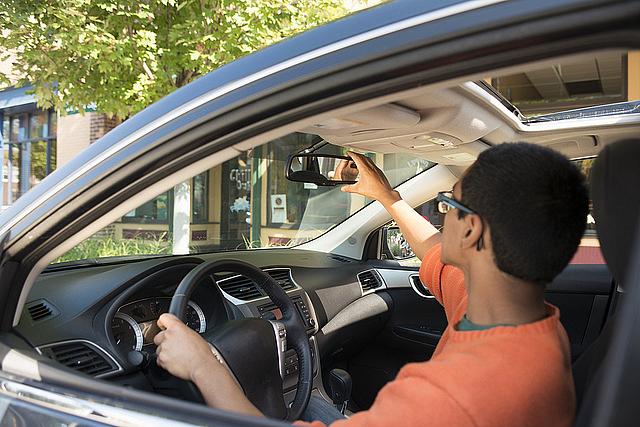License Overdrive: Why licensing doesn’t necessarily lead to better quality

Licensing probably made you a better driver. But it's harder to argue licensing overall makes people better at what they do.
Your parents taught you to drive, or an older sibling. Or you took a class. And then you had to prove it. You had to take a test and show someone you could follow the rules and get everywhere you needed to go without causing any harm. The licensing process in all likelihood made you a better driver.
When you extrapolate out to all the types of licenses out there in the work force now, you can’t be assured — and you definitely can’t prove — that licensing overall makes people better at what they do. At least that’s the conclusion of the White House report on the state of licensed professions – including doctors, nurses, and dozens of other health professionals.
As the report notes: "If licensing were able to limit the practice of an occupation to high-quality practitioners, then it would be expected to improve quality and public health and safety."
That’s a fair argument to make. The team that did the report examined the literature on the connection between licensing and quality and found that:
Stricter licensing was associated with quality improvements in only 2 out of the 12 studies reviewed.
Let’s pause on that statement. First, it’s a small number of studies being reviewed. Second, when you look at the research appendix in the report, you find that the studies are dominated by studies about teachers. Half of them are focused on teachers. Of those, one found an increase in quality and tightening of requirements related to licensure for teachers, four found no increase, and one had an “unclear effect.”
There were also two studies related to dentistry. One found that the tightening of requirements to become a dentist had no effect on the level of deterioration seen in the teeth of dental patients. But the other study found that tougher requirements for someone to become a dentist led to lower levels of “adverse outcomes such as cavities and broken or chipped teeth” and an increase in “general dental health.”
This is a small number of studies. But let’s assume that this pool of studies is a decent proxy for the state of licensed professionals overall. Why might it be that being required to get a license in order to do your job would not actually make you better at it? Any regular reader of Antidote will not be surprised to learn that the report points to a lack of oversight by the licensing boards themselves as part of the problem. Think about a driver’s license: Simply handing someone a license – even after training and a test – does not mean they will drive the speed limit, stop at every red light, or pay attention to pedestrians. The report says:
There is also evidence that many licensing boards are not diligent in monitoring licensed practitioners, which contributes to a lack of quality improvement under licensing. These boards often rely on consumer complaints and third-party reports to monitor practitioner quality, but only a small fraction of consumer complaints result in any kind of disciplinary action.
So what does the White House report recommend?
Instead of licensing, the report says that states should consider whether directly regulating the companies that employ the people who are being subject to licensure would have a bigger impact on promoting health and safety.
For example, establishments that serve alcoholic beverages are often regulated at the establishment level, while service workers are often unlicensed.
Were a similar approach adopted in a typical hospital setting, how many health care workers would not have to jump through the hoops necessary to become licensed but would be just as effective at their jobs? The report argues that physicians are a clear case of licensing being a necessity, but what about all the many other health professionals who earn in a year what some physicians earn in a week?
As a reality check, I should say that my prediction would be that even if the ideas in this report caught on, they likely would not make much of a difference in health care. As the report notes:
More than 80 percent of health care practitioners report holding a license, and more than 60 percent of support workers in health care also hold licenses.
That’s not likely to change. What will change, potentially, is the state-by-state regulation of licensed professionals. You can drive from coast to coast with your driver’s license, but you can’t work from coast to coast in an increasing number of professions. I’ll write more about that in my next post.
[Photo by State Farm via Flickr.]

